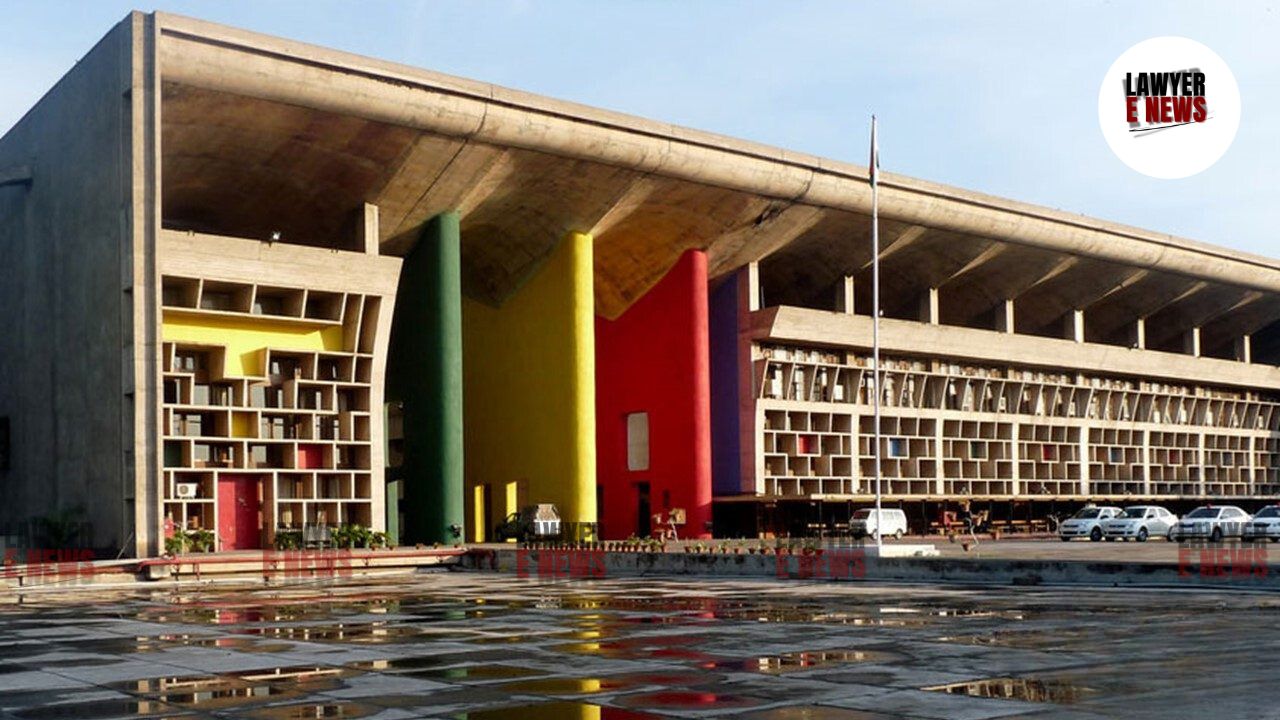-
by Admin
19 February 2026 3:14 PM



“Signatures cannot be compared from the photocopy of the agreement because in these days of advanced technology, signatures can be lifted from one document and superimposed on another” – Justice Harpreet Singh Brar warns against digital tampering
In a significant ruling with far-reaching implications for digital evidence and criminal trials, the Punjab and Haryana High Court quashed the trial court's order that had permitted handwriting expert comparison of signatures on a photocopy of a partnership deed. The Court underscored that no credible forensic analysis can be based on reproduced documents, especially in an era where digital alteration is alarmingly easy and undetectable.
The petition stemmed from a case under Section 138 of the Negotiable Instruments Act, 1881, read with Section 420 of the Indian Penal Code, relating to a dishonoured cheque for ₹30 lakh. The complainant, seeking to prove liability, had produced a photocopy of a partnership deed purportedly signed by the accused, and the trial court allowed comparison of admitted signatures with those appearing on this photocopy. The High Court termed this approach “legally unjustified” and “unsafe”.
Justice Harpreet Singh Brar, authoring the judgment, observed,
“In my view, signatures cannot be compared from the photocopy of the agreement because in these days of advanced technology, signatures of a person can be lifted from one document and put on another document by superimposition.”
The Court referred with approval to earlier rulings including Ramo Bai v. Vidya Rani, where it had been held:
“In the absence of original Will, it would not be legally justified to allow the plaintiff-petitioners for comparison of signatures and handwriting... The said comparison cannot constitute authentic proof... especially in these days of computerisation.”
In the present case, the complainant had argued that the original document was with the petitioners themselves and hence only a photocopy was available. However, the Court rejected this explanation, holding that secondary evidence without foundational primary evidence cannot form the basis for expert testimony. The impugned order dated 18 February 2020 passed by the Judicial Magistrate First Class, Fazilka, was accordingly quashed.
The petitioners had also raised an additional procedural objection, contending that the complainant had not even invoked any specific legal provision like Section 311 CrPC for leading additional evidence. While the Court did not base its decision solely on this lapse, it acknowledged that this procedural vacuum further weakened the legality of the trial court’s decision.
The Court reiterated its concern over the rising manipulation of documents in the digital era, stating that “authenticity of a signature cannot rest on a manipulated electronic reproduction”.
This ruling reinforces the principle that in criminal prosecutions, only original documents carry evidentiary weight when it comes to forensic comparison. The judiciary must remain vigilant, the Court stressed, especially when digital technology can be misused to manufacture evidence with deceptive ease.
The revision petition was thus allowed, and all pending applications disposed of.
Date of Decision: 4 March 2025
